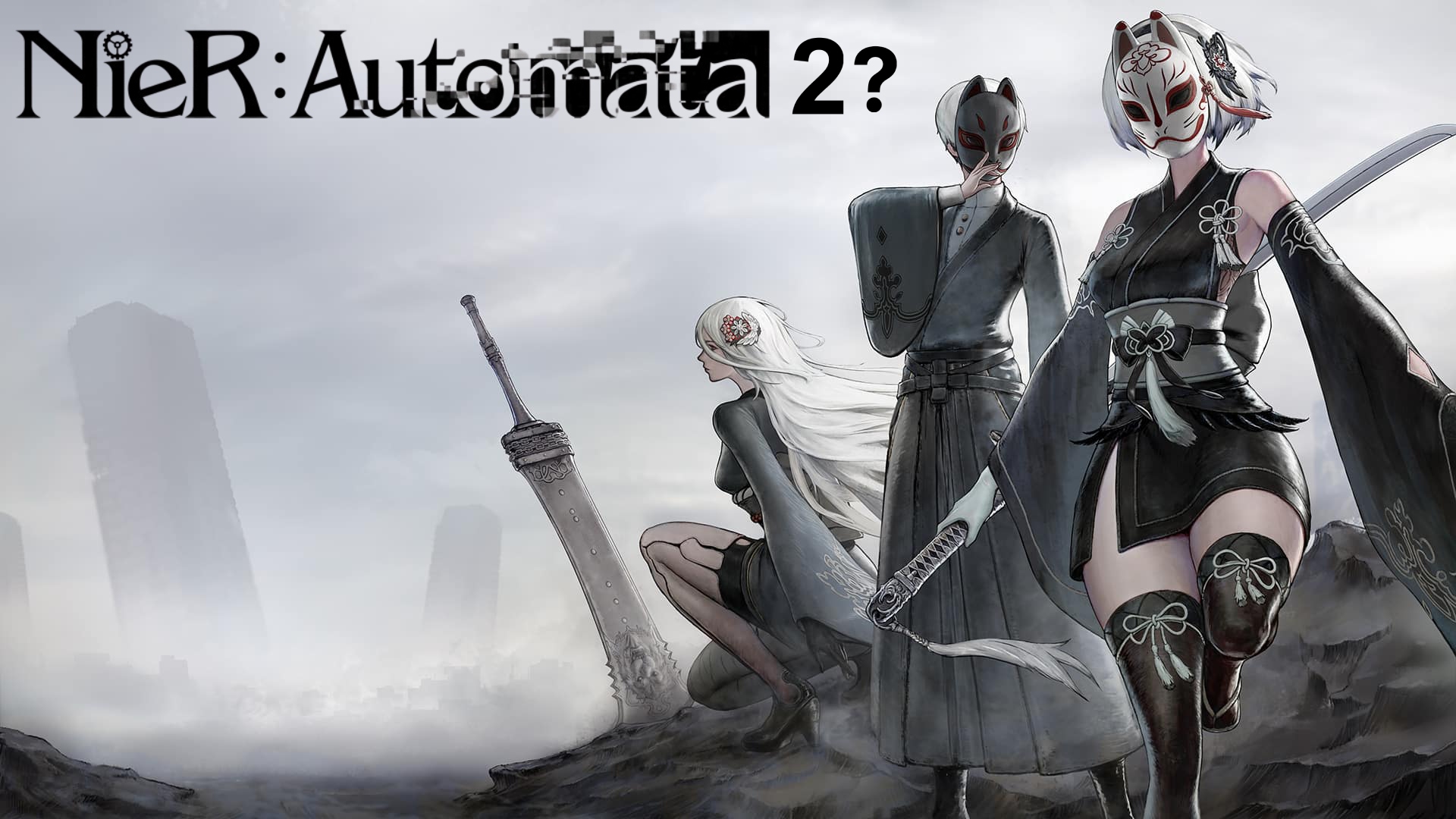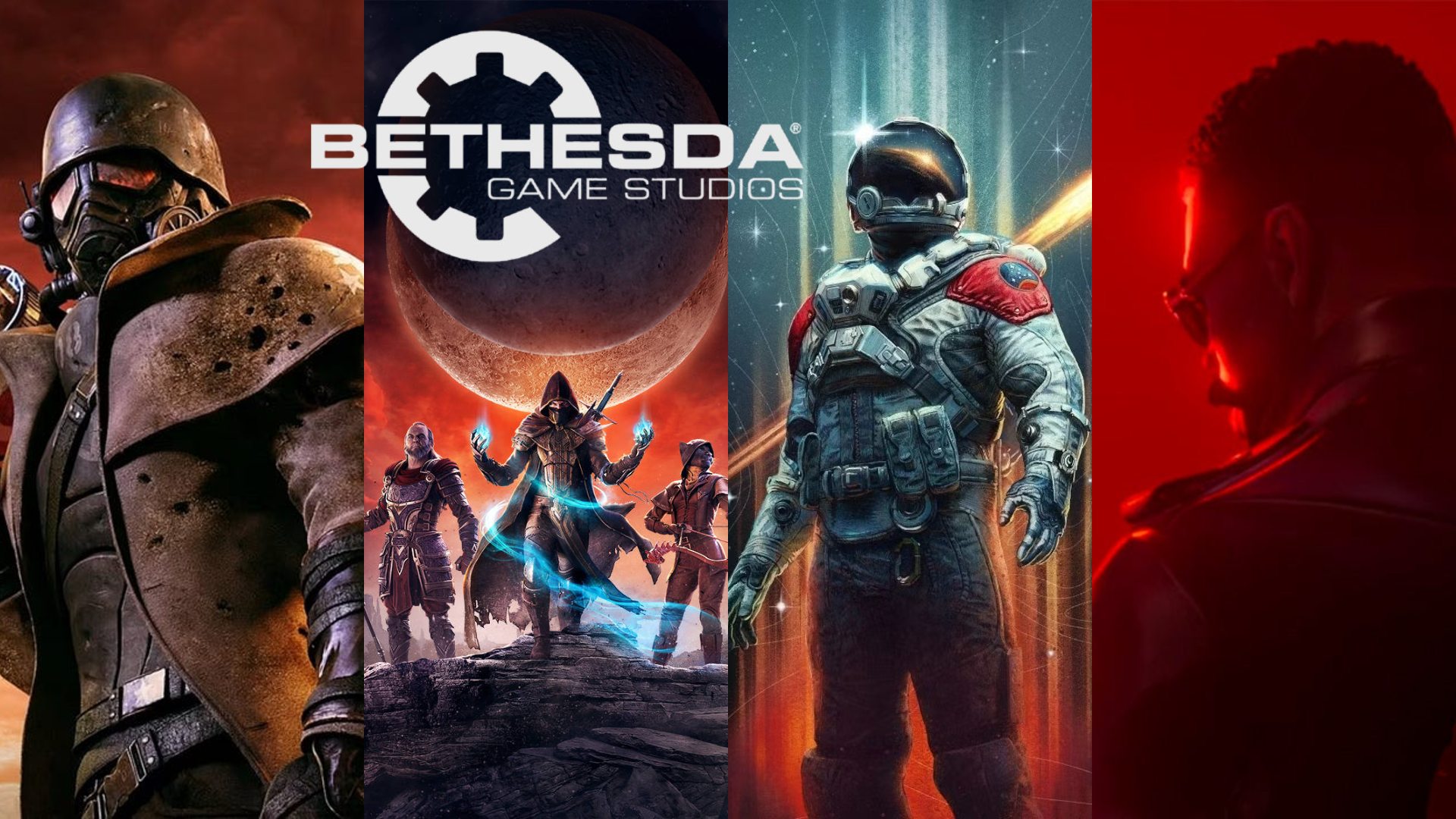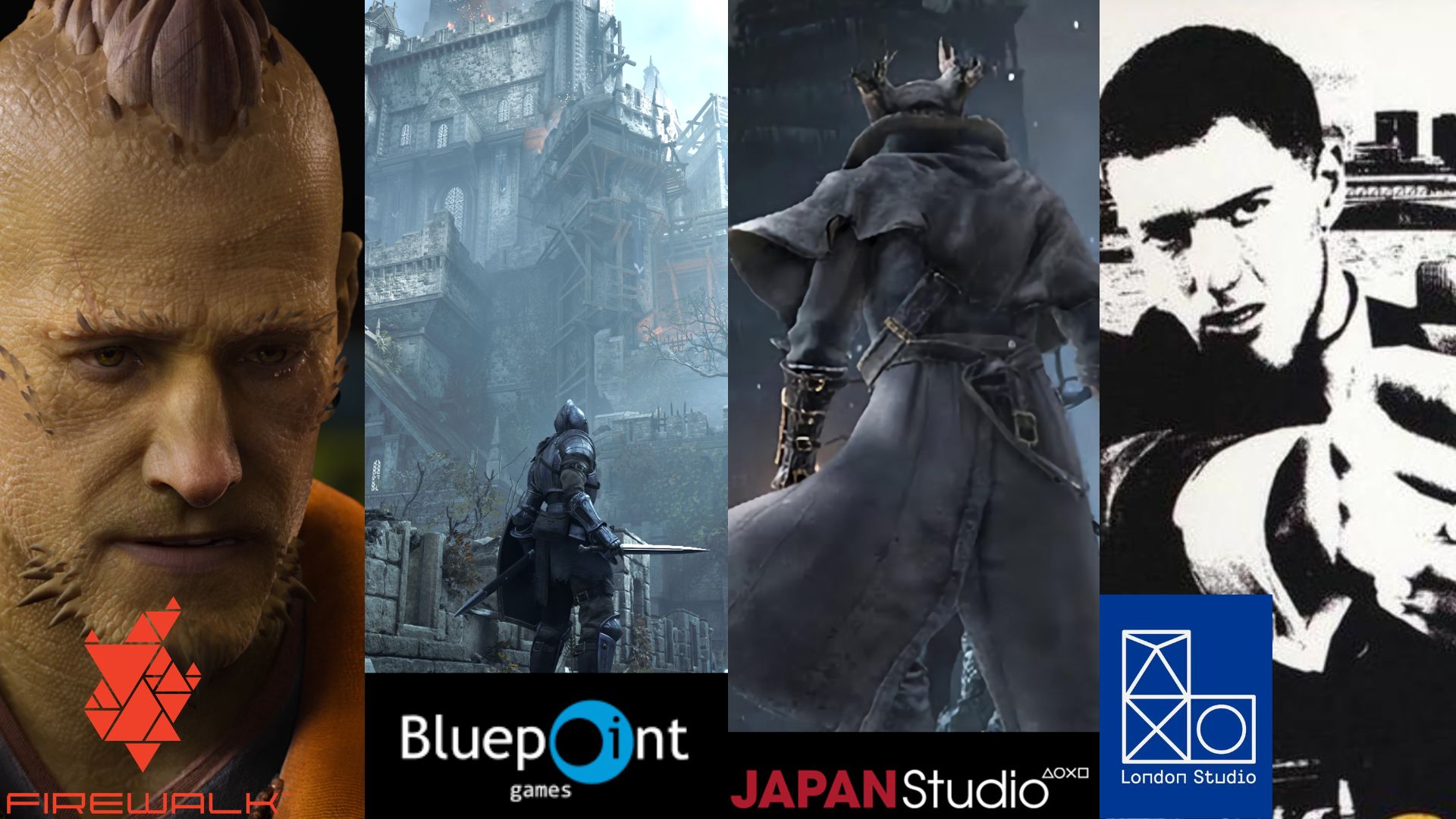- Recently, Microsoft closed the biggest merger in gaming history.
- Following the merger, Bobby Kotick was expected to exit Activision Blizzard.
- With the year coming to a close, the former CEO is no longer the leading force of this publisher.
After more than a year of continuous struggle, Microsoft finally managed to close the Activision Blizzard merger. After completing the deal, Xbox now owns 13 franchises that are worth $1 billion.
In addition to a bigger push for gaming, various changes are taking place at Xbox and Activision Blizzard. With 2024 days away, the publisher is losing CEO Bobby Kotick today.
Why it matters: Despite his reputation, the CEO was an important figure. His strategic moves and vision to keep up with modern gaming trends helped Activision Blizzard become one of the leading publishers in gaming.
Haven't found a single positive comment about Kotick from former and current employees.
This was a man hated, and by all accounts, more than earned the hate.
New dawn for Activision Blizzard under Xbox, but I dunno if Xbox realises how much damage Kotick did.
— Jez (@JezCorden) December 30, 2023
For a key figure who had been part of Activision Blizzard since 1991, one would think that his departure would be met with heartfelt messages. However, in Bobby Kotick’s case, the reactions have been very different.
Looking at the outcry on social media, most people don’t seem to care about his departure. In fact, many developers are quite happy with the outcome due to Bobby Kotick’s controversial nature.
In the past, the CEO became infamous for harboring a culture of sexual misconduct at his company, brushing off these issues. A former Call of Duty programmer recently revealed that he even threatened to kill an employee at one point.
Still, from a business perspective, the CEO had quite the run. Major franchises like Call of Duty found their footing during his leadership, which made the publisher so compelling as a purchase for Microsoft.
i worked on COD for two years as a programmer at demonware
bobby's decisions made our games worse
in my first month it came out he threatened to have an employee killed. in the all-hands that followed, no-one wanted to speak first. so i demanded his firing in front of everyone https://t.co/yhlM5xqPPg
— christina 死神 (@chhopsky) December 29, 2023
Bobby Kotick was more than happy to join forces with Microsoft and Phil Spencer. While he is not too keen on Microsoft’s subscription-based gaming business, the CEO found this merger to be mutually beneficial for both parties.
Since the situation around this acquisition was so hectic until recently, reports claim Microsoft is yet to settle on a new CEO for Activision Blizzard. However, the company is being led by veterans like Rob Kostich and Mike Ybarra for the time being.
With Bobby Kotick out of the picture, Microsoft is focused on moving forward with its ambitions. The gaming giant is expected to grow the industry, evolving into an ecosystem that isn’t limited to just console gaming.
In 2024, Activision Blizzard will likely expand even further on the mobile platform, thanks to Microsoft’s ambitions to create a mobile gaming store. However, the former CEO will not be able to see this goal through.
Thank you! Please share your positive feedback. 🔋
How could we improve this post? Please Help us. 😔
[News Editor]
Obaid is pursuing a Law degree while working as a content writer. He has worked as a gaming writer for over three years because of his passion for the medium and reporting the latest updates in the industry. Having played hundreds of games, Obaid finds himself coming back to Elden Ring, Cyberpunk 2077, and Red Dead Redemption 2, with these games being among his favorites. He has also been mentioned on highly regarded websites, such as Wccftech, Metro UK, PS Lifestyle, GamePressure, VGC, and Gamespot.




